The German government's collapse, which came just hours after US President Donald Trump was elected for a second time, has sent shockwaves throughout Europe. But what does it mean for the rest of the EU?
Following the German government coalition's breakup on Wednesday, Chancellor Olaf Scholz said he would hold a vote of confidence in January, which could pave the way for new elections as early as March. Opposition party CDU, however, is demanding Scholz holds the vote as early as next week, which would see fresh elections take place in January.
The coalition split due to irreparable differences over the 2025 household budget, though their past three years in office have been marred by constant inter-party fighting. Differences between the parties' politics have also been magnified by a series of crises that hit Europe and Germany one after the other.
When the "Traffic Light" coalition was elected back in 2021, the COVID fallout had only just begun. Russia had not yet launched its full scale invasion of Ukraine, and the Nord Stream 2 pipeline was soon to be shut, sending energy prices and costs rocketing.
The Social Democrats (SPD), Greens and Liberals (FDP) clashed repeatedly, drawing major media criticism in Germany.
The German government has now been plunged into complete chaos as US President Trump was elected for a second term, a development which is very likely to see Europe needing to beef up its security and defence as the US follows a more inward-looking policy.
But is it, however, a question of timing?
EU policy expert Dr. Thu Nguyen tells Euronews the breakup was bound to happen.
"Domestically, the breakup of the coalition was inevitable. The signs were there in the days before, and the differences and conflicts between the three coalition partners were just too big to overcome," she says, adding that the timing is unfortunate given that the EU and Germany need strong leadership.
But Dr. Nguyen hopes the situation will be temporary and will be alleviated as soon as another government comes into power, although she says the EU needs to ensure "there is a common European response to the elections in the US."
One of the biggest worries she has is that leaders such as Viktor Orban and Giorgia Meloni could "push a vision of the European Union that is maybe more pro-Russian, or less green, or even harder on migration because they will feel empowered by the results of the US election."
The risk here would be that Europe may splinter even further: "Without a functioning government in Germany and with a very weakened French president and French government, there is simply a lack of of leadership," she says.

 5 months ago
46
5 months ago
46
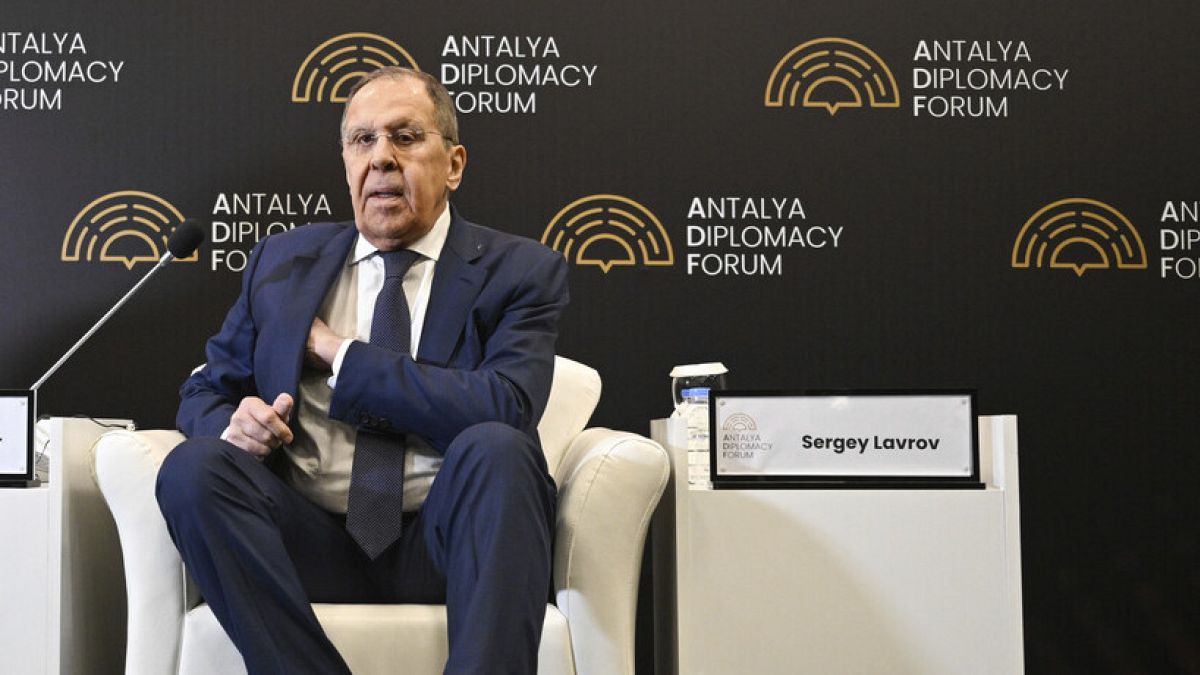
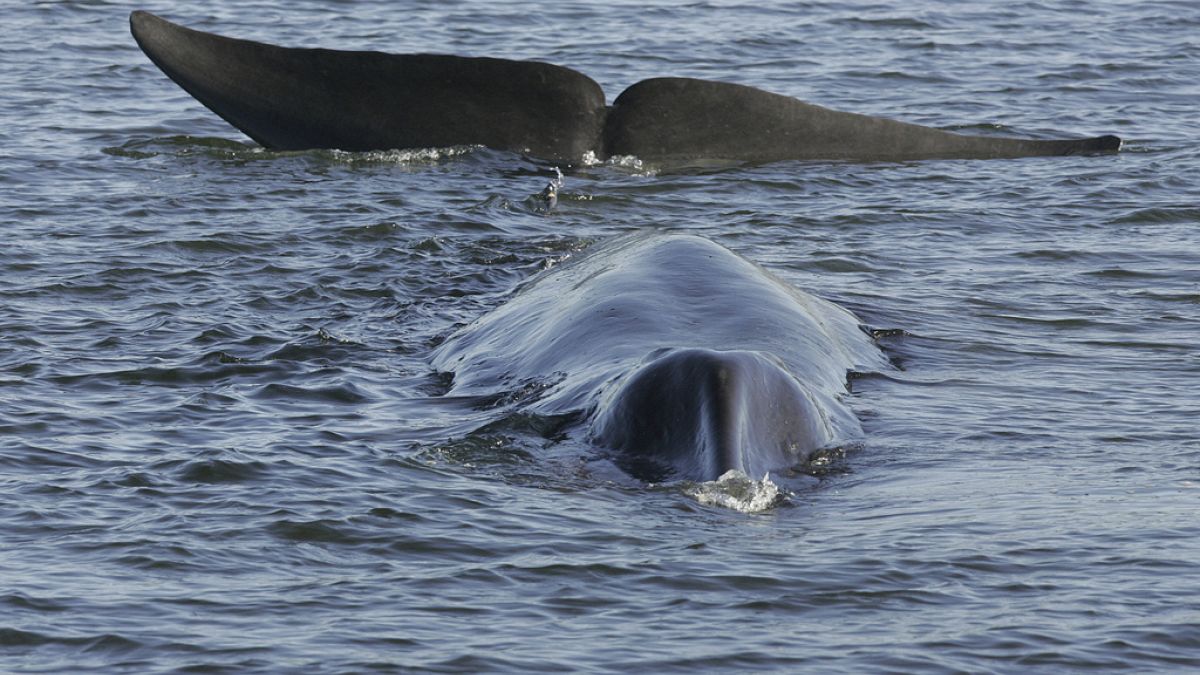
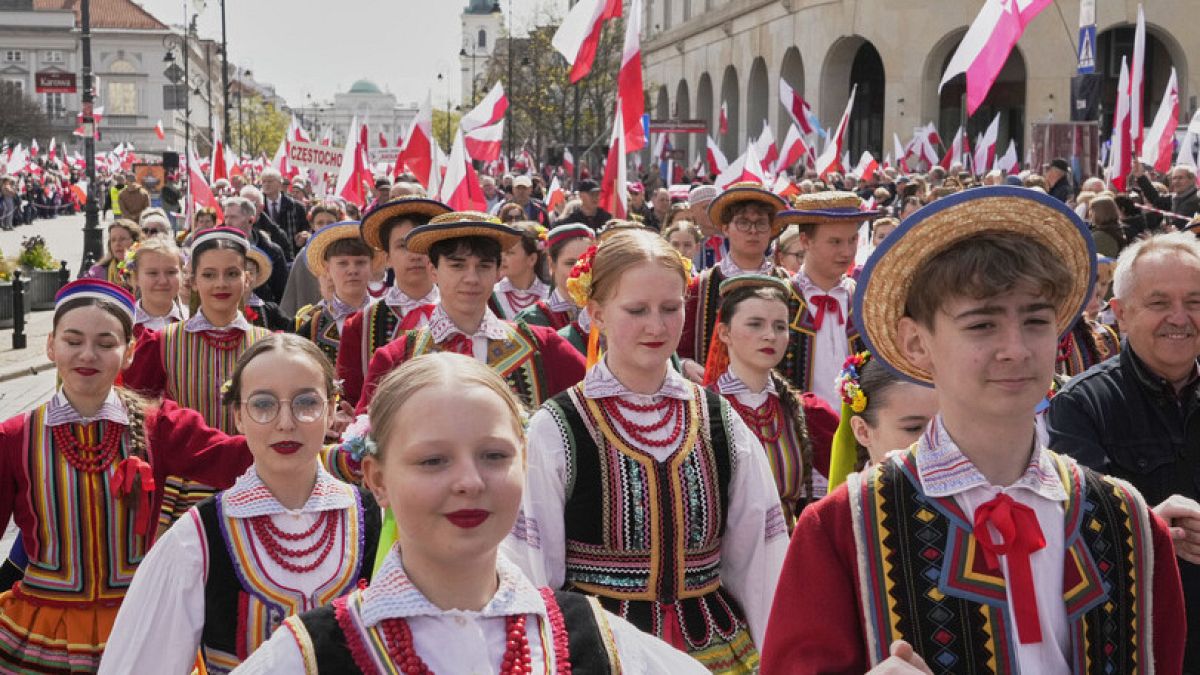
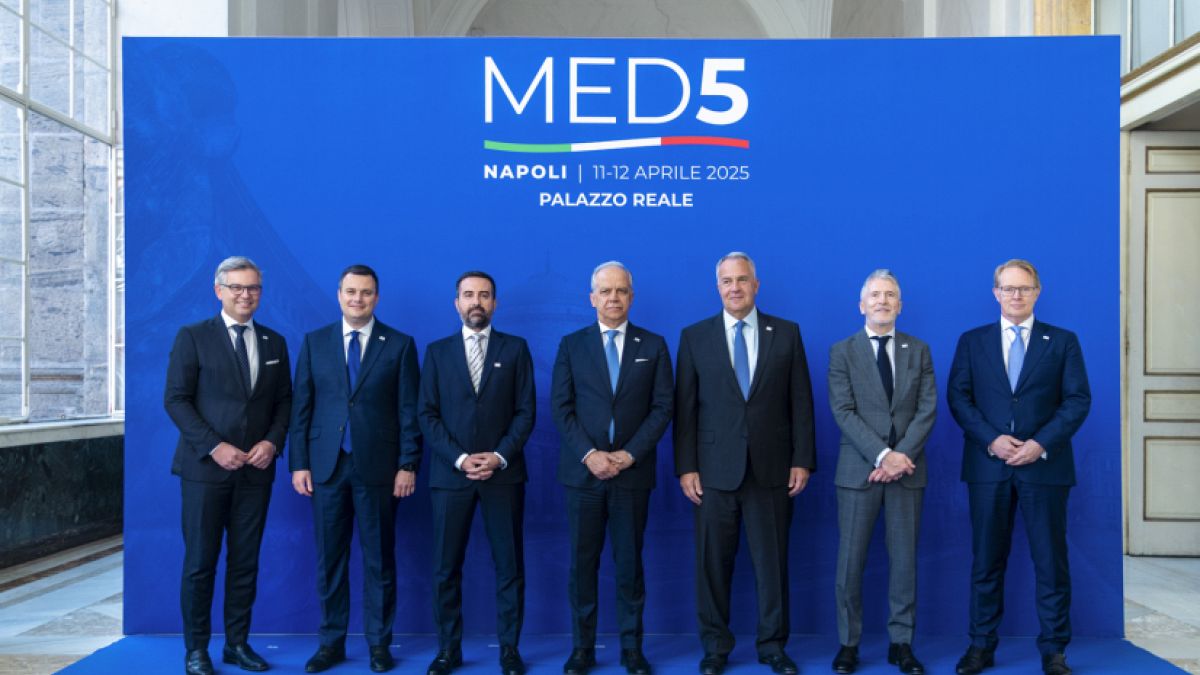
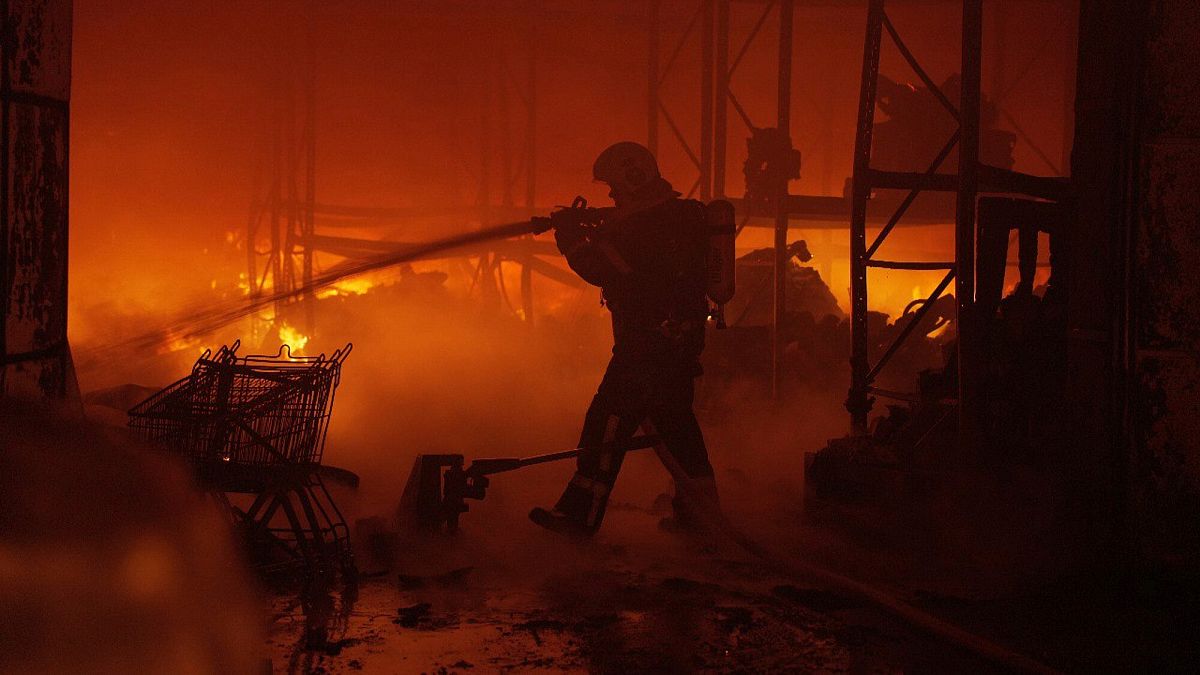

 We deliver critical software at unparalleled value and speed to help your business thrive
We deliver critical software at unparalleled value and speed to help your business thrive






 English (US) ·
English (US) ·